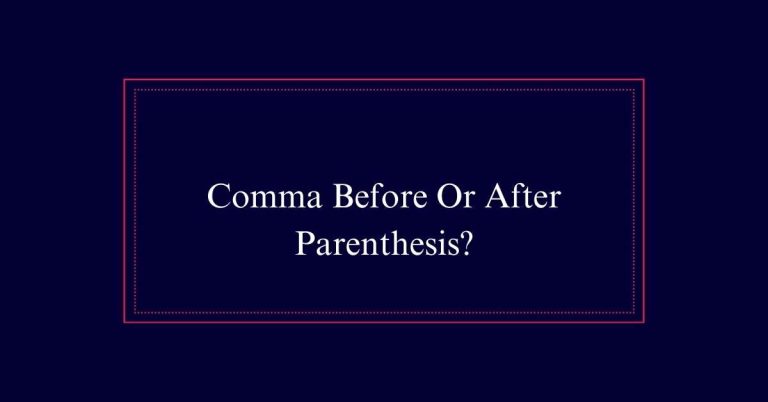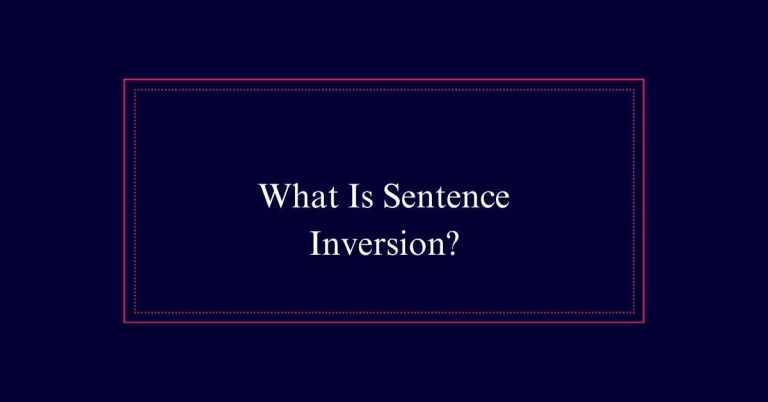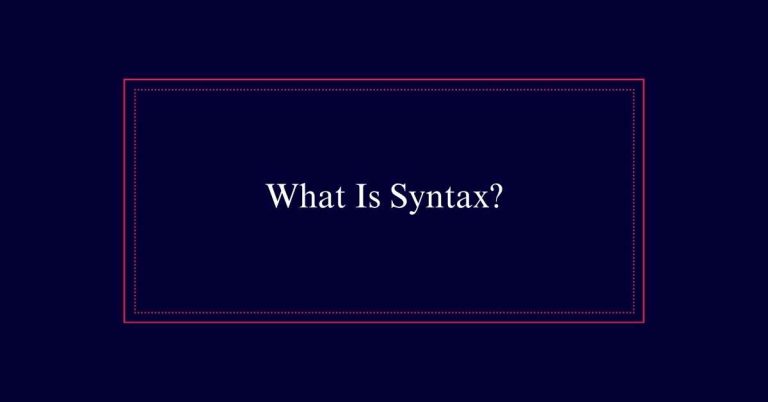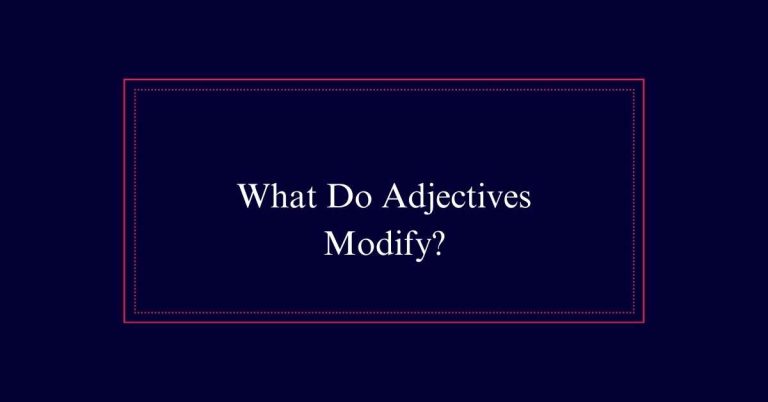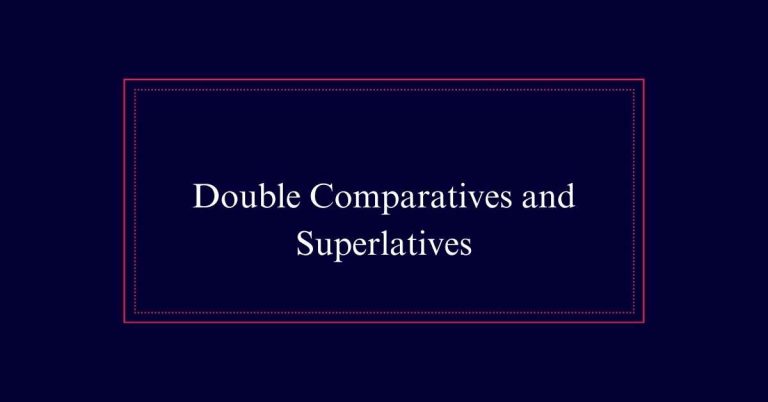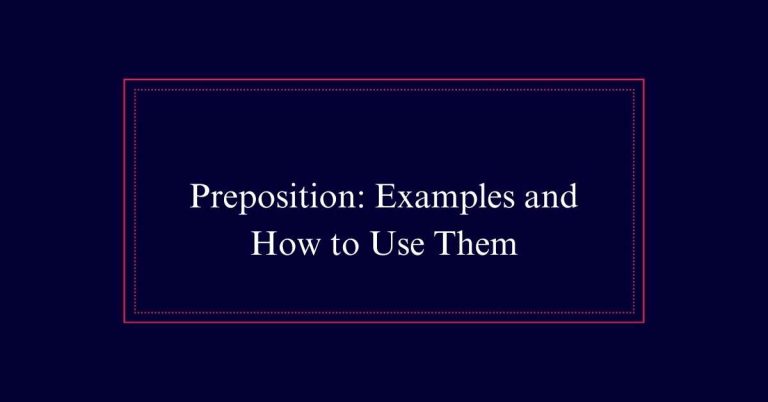What Are Modal Verbs?
Modal verbs are auxiliary verbs that modify main verbs to express nuances like possibility, ability, necessity, and permission. They work with the infinitive form of the verb without ‘to’ and do not change form based on the subject or tense. Common modal verbs include ‘can’ for ability, ‘may’ for permission, ‘must’ for necessity, and ‘should’ for advice. They convey different shades of meaning in the context of likelihood, requests, obligations, and abilities.
Definition of Modal Verbs
Defining modal verbs involves understanding their role as auxiliary verbs that modify the meaning of the main verb. Modal verbs express various nuances such as possibility, intent, ability, or necessity. They work alongside the infinitive form of the main verb without adding ‘to.’
For example, in ‘She can swim,’ the modal verb ‘can’ modifies ‘swim’ to express ability. Modal verbs are essential in indicating likelihood, possibility, ability, permission, requests, and obligations. Unlike other verbs, they do not change form based on the subject. They remain consistent regardless of the main verb’s tense.
Types of Modal Verbs
Having established the role and function of modal verbs, we can now explore the different types of modal verbs and their specific uses.
Modal verbs can be categorized based on the functions they serve. Some primary types include:
- Ability Modals: These express capability. Examples are ‘can’ and ‘could.’
- Possibility Modals: These indicate potential events. Examples are ‘may,’ ‘might,’ and ‘could.’
- Obligation Modals: These convey necessity or duty. Examples are ‘must,’ ‘should,’ and ‘have to.’
- Permission Modals: These grant or request permissions. Examples are ‘can,’ ‘may,’ and ‘could.’
Common Modal Verbs
Common modal verbs, such as ‘can’, ‘should’, and ‘must’, play an essential role in expressing a range of meanings in English.
‘Can’ is often used to indicate ability or permission. For instance, ‘She can swim’ shows ability, while ‘Can I leave early?’ asks for permission.
‘Should’ suggests advice, recommendations, or expectations, as in ‘You should see a doctor.’
‘Must’ conveys necessity or obligation, as seen in ‘You must wear a seatbelt.’ Each modal verb modifies the main verb to communicate different nuances.
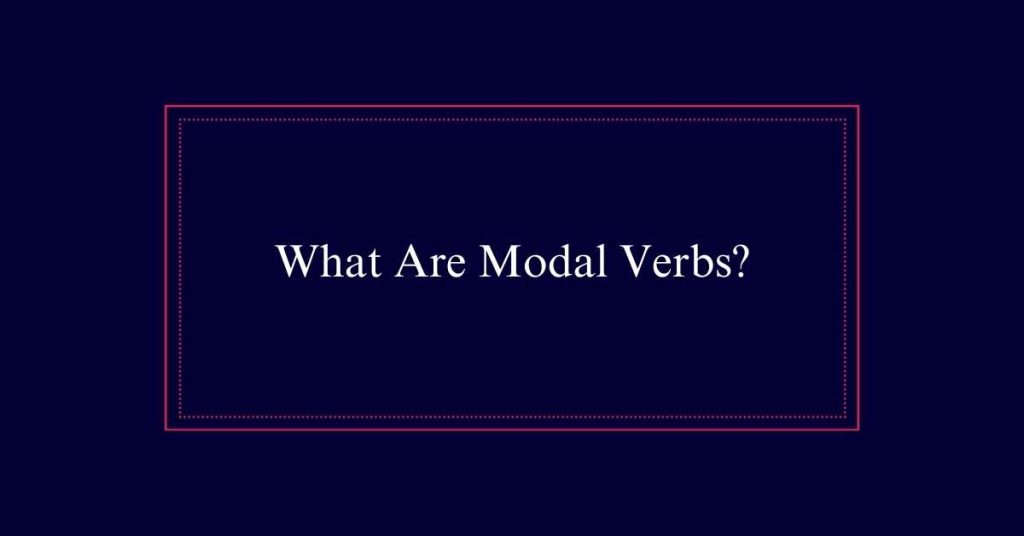
Expressing Possibility
Modal verbs play an essential role in expressing possibility in English. They help convey different degrees of likelihood or uncertainty. Common modal verbs used for this purpose include ‘could,’ ‘may,’ and ‘might.’ These verbs are vital in both spoken and written communication.
Here are four examples of how modal verbs express possibility:
Could:
‘It could rain later today.’ (indicates a moderate possibility)
May:
‘She may attend the meeting.’ (suggests a probable event)
Might:
‘He might be at home.’ (implies a lower likelihood)
Can:
‘This can happen if we are not careful.’ (shows a general possibility)
Indicating Ability
To express ability, modal verbs such as ‘can’ and ‘cannot’ are frequently used. These verbs indicate whether someone has the capability to perform a certain action.
For instance, ‘She can swim’ means she possesses the skill to swim. Conversely, ‘He cannot drive’ implies he lacks the ability to drive.
‘Can’ is versatile and applies to both physical and mental abilities. It is also used to discuss general capabilities, as in ‘Birds can fly.’
When used in the negative form, ‘cannot’ highlights the absence of ability, like in ‘I cannot speak French.’ Using ‘can’ and ‘cannot’ clearly communicates an individual’s capabilities or limitations.
Asking for Permission
When asking for permission, modal verbs such as ‘can’, ‘may’, and ‘could’ are commonly employed. These verbs help to make requests polite and clear. Here are some common uses:
Can: Often used in informal contexts.
Example: ‘Can I leave early today?’
May: More formal and polite.
Example: ‘May I use your phone?’
Could: Polite and often used in hypothetical situations.
Example: ‘Could I borrow your book?’
Might: Less common but still used for polite requests.
Example: ‘Might I suggest an alternative?’
Giving Commands
While asking for permission requires polite modal verbs, giving commands often involves more direct and authoritative ones. Modal verbs like *must*, *have to*, and *need* are commonly used to issue commands. These verbs convey a sense of urgency or necessity, making the instructions clear and unambiguous. When using these modal verbs, the speaker asserts control and expects compliance.
Consider the following examples:
| Command | Example Sentence |
|---|---|
| Must | You must finish your work. |
| Have to | You have to listen to me. |
| Need | You need to leave now. |
| Should | You should follow the rules. |
| Will | You will submit the report. |
Showing Obligations
Expressing obligations often involves using modal verbs like *must* and *have to* to indicate necessity or duty. These verbs are essential in conveying that an action is required or compulsory. To show obligations, consider the following uses:
- Legal Requirements: ‘Employees *must* wear safety gear.’
- Moral Duties: ‘We *have to* help those in need.’
- Rules and Regulations: ‘Students *must* submit assignments on time.’
- Personal Commitments: ‘I *have to* finish this project by Friday.’
Future Intentions
Modal verbs play an essential role in expressing future intentions and planned activities. They help convey what someone intends to do or has planned for the future.
The modal verb ‘will’ is frequently used for this purpose. For example, ‘I will attend the meeting tomorrow.’ This shows a clear intention or decision.
‘Shall’ can also indicate future plans, especially in formal contexts, like ‘We shall commence the project next week.’
Additionally, ‘going to’ is often used for near-future plans, such as ‘I am going to visit my friend.’
Specific Future Usages
In future contexts, specific modal verbs like ‘can’, ‘could’, and ‘should’ bring nuanced meanings to intentions and plans. These verbs help clarify what might happen, what is possible, and what is advisable.
Here are their specific future usages:
- Can: Indicates future ability or possibility (e.g., ‘She can start the project next week.’).
- Could: Suggests a future possibility or a polite request (e.g., ‘We could consider expanding next year.’).
- Should: Advises or recommends future actions (e.g., ‘You should review the report by Friday.’).
- Will: Expresses definite future actions or promises (e.g., ‘They will arrive tomorrow.’).

